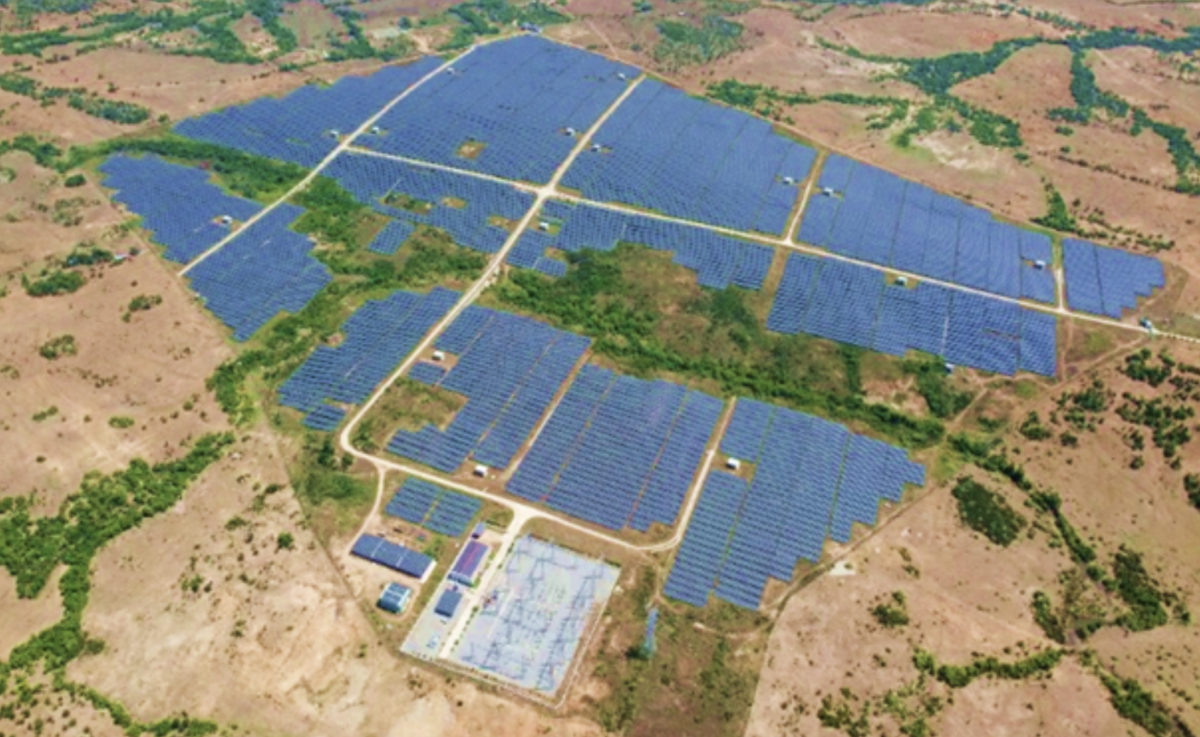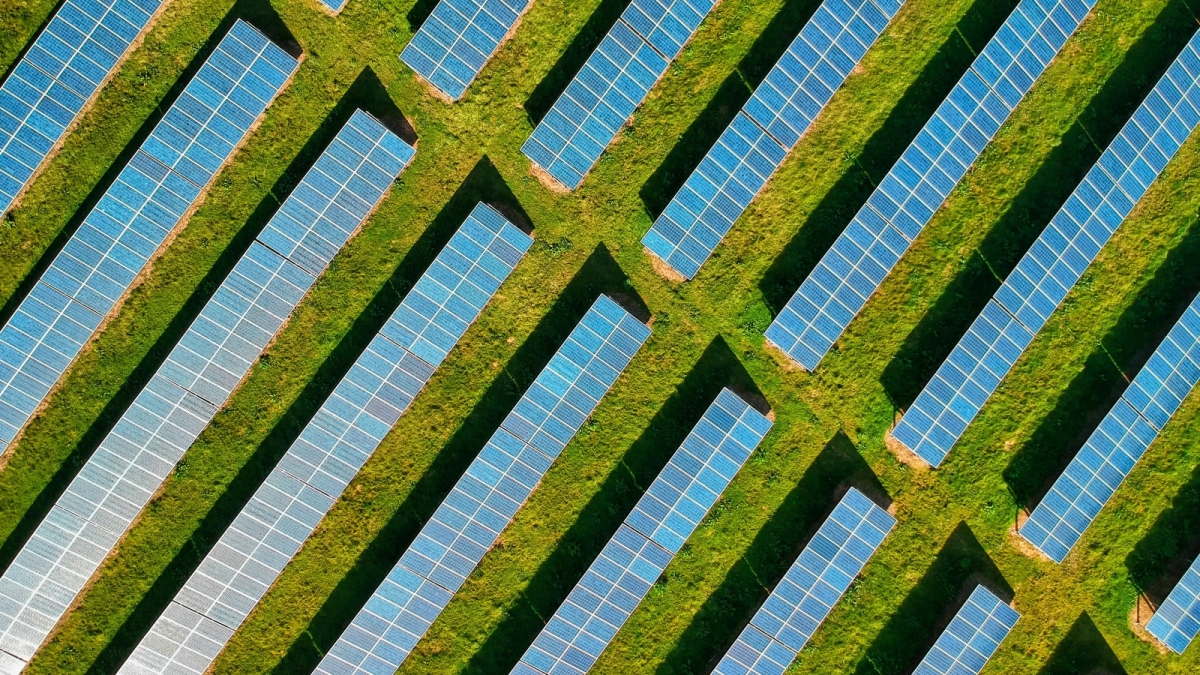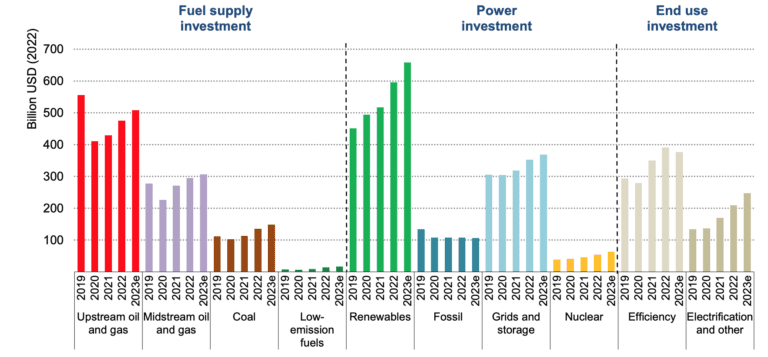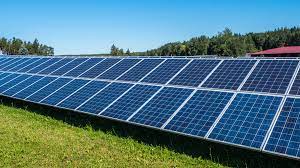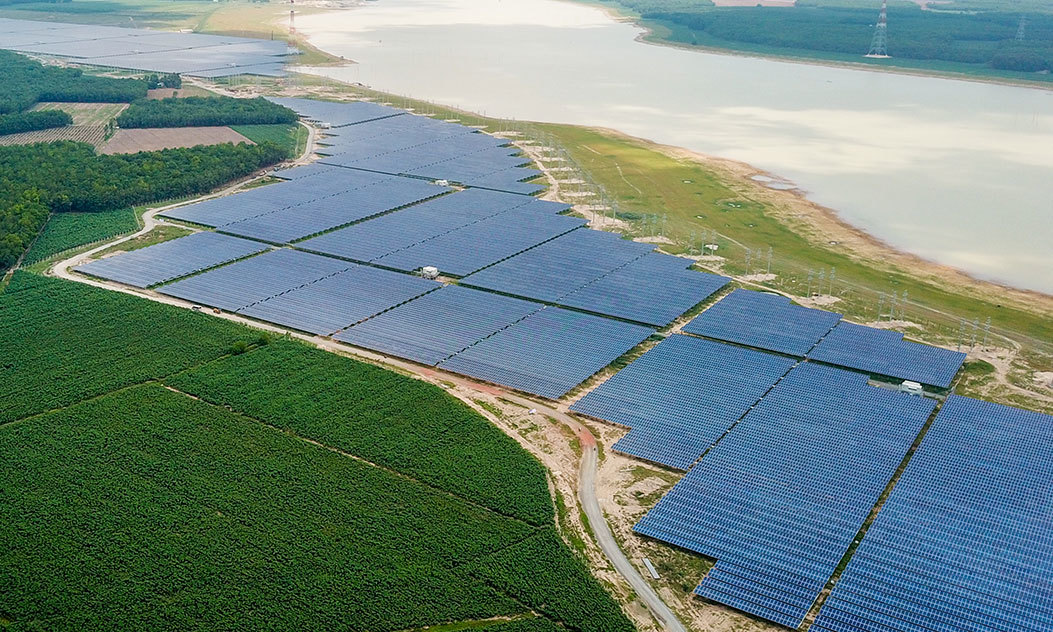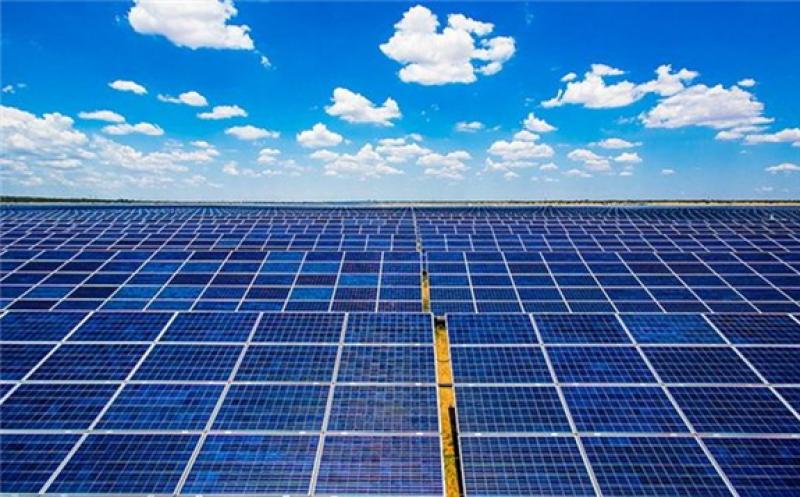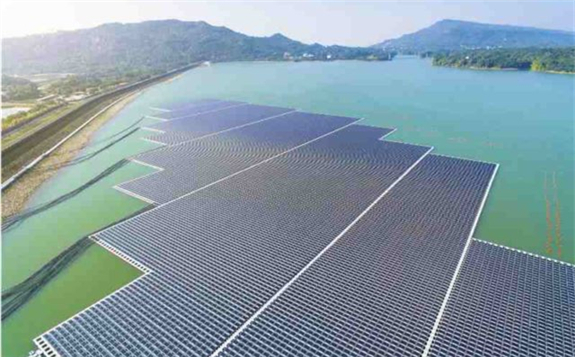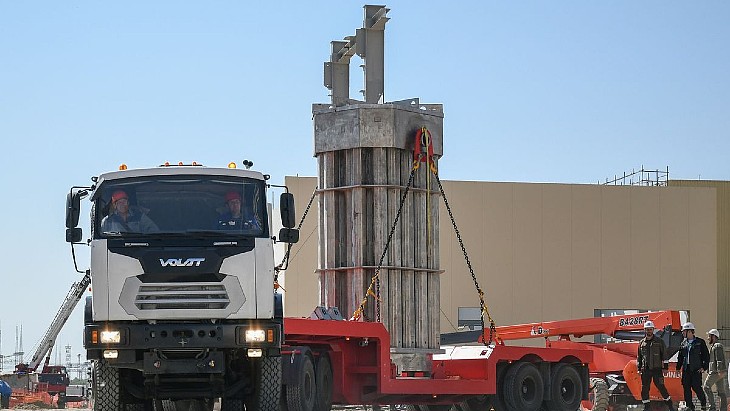
The process of installing the dummy fuel and simulators of the control rods was expected to take 10 days.
Alexander Uvakin, director of the Kursk nuclear power plant, said: "Next, during the cold-hot testing, we will check the operability of the reactor plant equipment and safety systems in operating modes ... when forming the reactor simulation zone, all operations are carried out as if the work was carried out with nuclear fuel, which allows us to practice nuclear fuel handling procedures on simulators in conditions as close as possible to operation."
Kursk II is a new nuclear power plant in western Russia, about 60 kilometres (37.5 miles) from the Ukraine border, that will feature two VVER-TOI reactors, the latest version of Russia's large light-water designs. They have upgraded pressure vessels and a higher power rating of 3300 MWt that enables them to generate 1300 MWe gross.
Construction of the first unit began in 2018, its polar crane was installed in October 2021 and the reactor vessel was put in place in June 2022. Concreting of the outer dome of the first unit was completed in August 2023.
Oleg Shperle, vice president of Atomstroyexport and director of the Kursk NPP-2 construction project, said: "The start of loading the simulators indicates that a certain volume of technical readiness of the transport and technological equipment included in the fresh nuclear fuel handling scheme and reactor plant equipment has been achieved. After the completion of loading ... the reactor assembly will continue and flushing and hydraulic testing of the primary and secondary circuit pipelines will begin."
All four units at the existing Kursk nuclear power plant are scheduled to have shut by 2031. The first unit was shut down after 45 years of operation in December 2021. The original design life for the four RBMK-1000 reactors at the plant was for 30 years but had been extended by 15 years following life extension programmes.
The first nuclear fuel for Kursk II was delivered to the site last month, with the expectation that the first would be loaded into the first new unit later this year. Rosatom said the TVS VVER-TOI nuclear fuel had been developed based on that for VVER-1000 and VVER-1200 reactors, with the design of the fuel cassettes providing "increased fuel loading, increased thermal reliability and more effective control of the reactor core during operation to improve the technical and economic characteristics of the nuclear power plant". There will be 163 fuel assemblies when fully loaded, and 313 fuel elements in each fuel assembly. The fuel cycle during operation will be 18 months.
